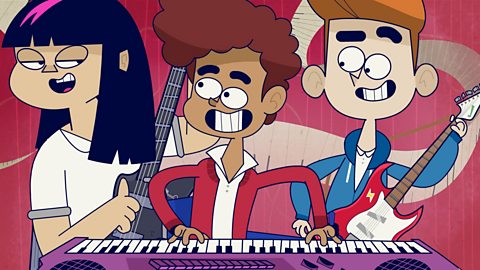What is music for the stage and screen?
Music for the stage includes music for musicals, opera and ballets.
Music for screen includes music that is used in television programmes, films or computer games.
The music helps to tell the story and helps the audience feel different emotions during the movement, actions or songs.
Think about some of the different types of shows you’ve seen. Have you heard:
- music that goes with a fast car chase?
- music that goes with a scary bit in a film?
- music that goes with characters falling in love in a theatre show?
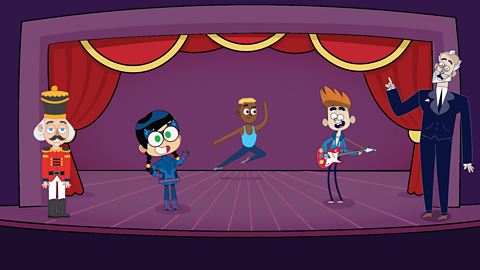
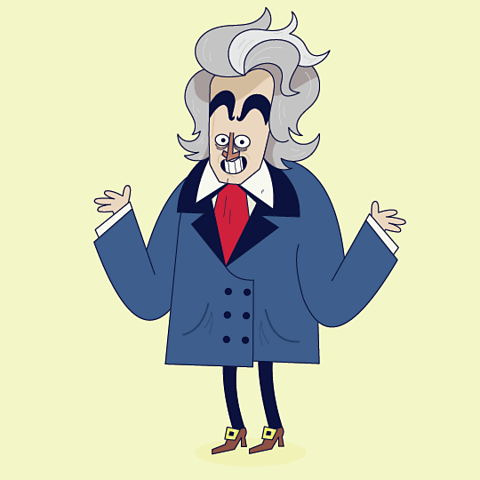
Music for the stage
There are lots of different types of music for the stage.
All over the world, composers have made music for the stage for hundreds of years.
This includes:
- operas
- musicals
- ballets
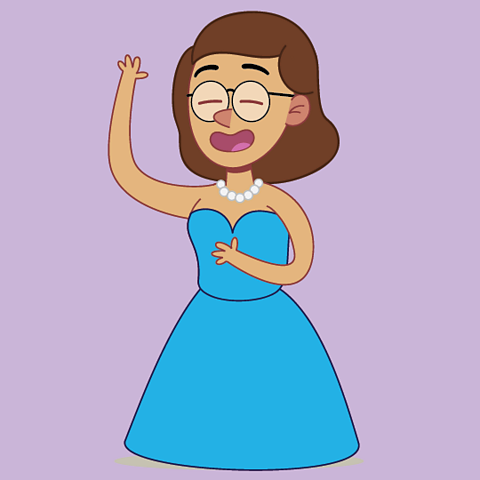
What is an opera?
Opera is a performance with music where everything is sung.
The songs are normally accompanied by a big group of musicians playing in an orchestra.
Operas can be very exciting.
A very famous composer called Wolfgang Amadeus Mozart wrote 22 different operas.

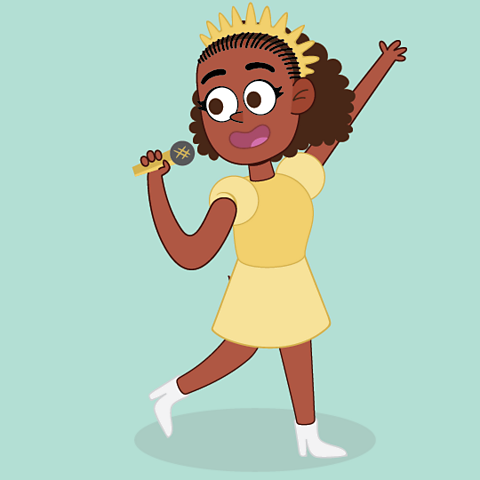
What is a musical?
A musical is like an opera. The difference is that musicals can have speaking parts.
Musicals also use more modern types of music like pop, rock and hip-hop.
George Gershwin, Stephen Schwartz and Andrew Lloyd Webber are all famous musical composers.
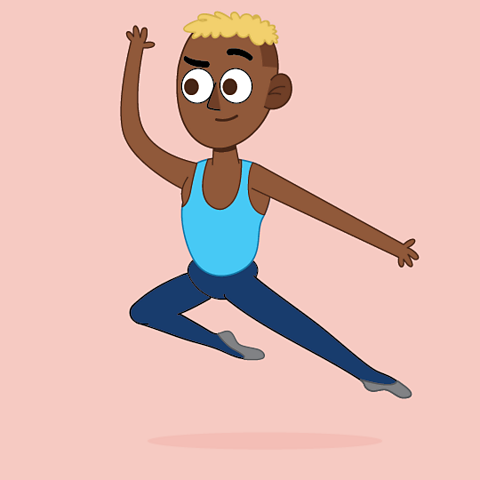
What is a ballet?
A ballet is a dance that is performed to music. Ballets also use costumes and scenery for the stage.
The music accompanies the movements of the dance.
One of the most famous ballets is called The Nutcracker composed by Pyotr Ilyich Tchaikovsky.

Russian Dance from The Nutcracker by Tchaikovsky: The full performance by the BBC Symphony Orchestra, conducted by Rafael Payare.
Watch this performance of 'Russian Dance' from The Nutcracker by Tchaikovsky. You might have heard this piece before as it's very famous.
Can you imagine how the ballet dancers might move during this movement?
You can see how to create some of the dance moves at home with these clips from BBC Teach and The Royal Ballet School.
What is music for the screen?
Music for the screen can include music that goes with television programmes, films and computer games.
The music usually accompanies the action that is happening onscreen. This helps the audience feel different emotions.
It also helps to tell the story. If something scary is happening the music will accompany this, so the person watching or playing feels scared.
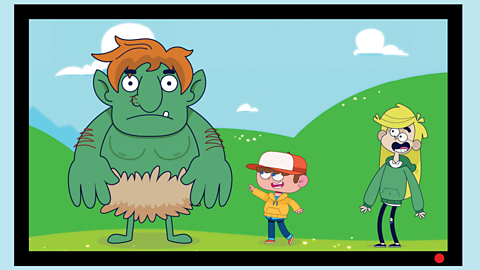

Activities
Watch a film without the sound. Can you imagine what music might accompany the action that is happening?
Think about:
- rhythm
- pitch
- dynamics
- tempo
Can you describe how that would sound to a friend or family member?
Quiz
Glossary
Here's the meanings to some important words.
Ballet - A dance set to music.
Dynamics - The volume of the music, how loud or quiet it is.
Musical - A play set to music and with speaking parts.
Opera - A performance set to music and sung all the way through.
Pitch - How high or low a sound is.
Rhythm - A pattern of sounds of different lengths.
Tempo - The speed of the music, how fast or slow it is.
Play Bitesize Primary games. game
Fun and educational primary games in science, maths, English, history, geography, art and design, computing and modern languages.

More on Musical Journeys
Find out more by working through a topic
- count2 of 9
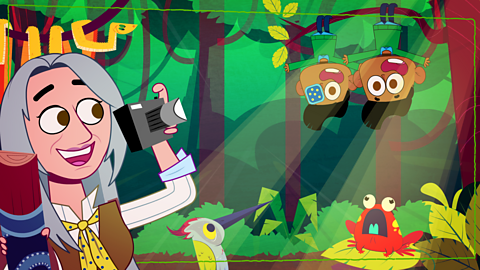
- count3 of 9
